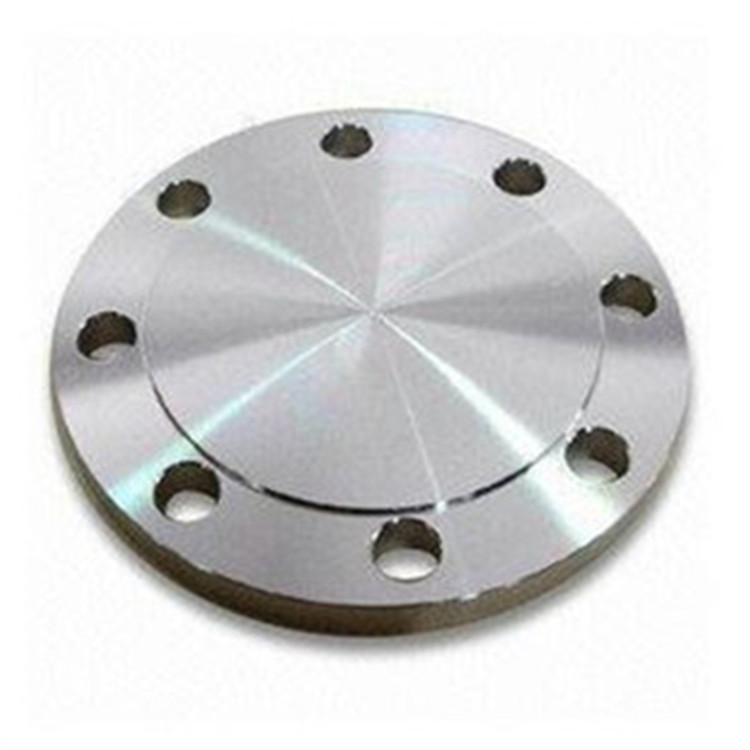china flow control valve
Understanding China’s Flow Control Valves An Essential Component in Fluid Management
Flow control valves play a critical role in numerous industries, including water treatment, oil and gas, chemical manufacturing, and HVAC systems. In China, where rapid industrial growth and urbanization have surged demand for efficient fluid management systems, the importance of flow control valves cannot be understated. This article will explore the types, applications, manufacturing processes, and market outlook of flow control valves in China.
What are Flow Control Valves?
Flow control valves are devices that regulate the flow rate or pressure of fluids within a system, ensuring optimal performance and preventing damage caused by extremes in liquid or gas flow. By adjusting the valve aperture, these devices help maintain the desired flow characteristics, which is crucial for ensuring safety, efficiency, and control in various applications.
Types of Flow Control Valves
Various types of flow control valves are available on the market, each designed for specific applications. Some of the most common types include
1. Gate Valves Often used for on-off control, gate valves are primarily used in larger pipelines. They have minimal flow resistance when fully open and can handle high pressures.
2. Globe Valves These valves are ideal for throttling and flow regulation. With a spherical design that creates a larger surface area, globe valves are efficient in controlling flow rate but tend to have higher pressure drops than gate valves.
3. Ball Valves Known for their durability and quick operation, ball valves utilize a rotating ball to control flow. They offer excellent sealing capabilities and are ideal for applications that require tight shut-off.
4. Butterfly Valves These valves are compact and lightweight, often used in large-scale systems such as water treatment and chemical processing. They control flow through the rotation of a disc and offer lower pressure drop characteristics.
5. Check Valves Designed to permit fluid to flow in one direction only, check valves prevent backflow and are essential for protecting pumps and equipment from damage.
Applications in Various Industries
china flow control valve

Flow control valves are utilized across a range of sectors in China. In the water supply sector, these valves help regulate the flow in pipelines, ensuring that the right amount of water reaches consumers while minimizing wastage. In the oil and gas industry, they facilitate the flow of crude oil and natural gas through pipelines, managing pressures and preventing leaks.
The chemical manufacturing sector also relies heavily on flow control valves. They ensure precise measurement and control of chemical processes, mitigating risks associated with volatile substances. In the HVAC industry, these valves play a crucial role in maintaining optimal temperatures by regulating the flow of air and refrigerants.
Manufacturing Process
The production of flow control valves in China typically involves several steps, from material selection and casting to machining and assembly. China’s manufacturers primarily use materials like brass, stainless steel, and plastic, chosen for their durability and resistance to corrosion.
1. Material Selection The type of material used depends on the application and the fluids involved. For example, stainless steel is preferred in corrosive environments, while plastic is used in less demanding situations.
2. Casting and Forging The selected materials are typically formed through casting or forging processes, which involve shaping the raw materials into semi-finished products.
3. Machining The semi-finished products undergo precise machining to ensure proper fitting and sealing. This step is vital for maintaining performance and preventing leaks.
4. Assembly and Testing After machining, valves are assembled and rigorously tested to ensure they meet industry standards and performance specifications.
Market Outlook
As China continues to urbanize and industrialize, the demand for flow control valves is expected to grow. The government’s emphasis on infrastructure development, smart city initiatives, and investments in energy efficiency are likely to boost the market. Additionally, with the increasing focus on sustainability and environmental protection, there is a growing demand for more efficient and reliable flow control technologies.
In conclusion, flow control valves are an indispensable component of fluid management systems in various industries. In China, their role is becoming increasingly significant as the country seeks to enhance its infrastructure and industrial capabilities. With advancements in materials and technologies, the future of flow control valves looks promising, positioning them as key players in the drive toward greater efficiency and sustainability.
-
Reliable Hydraulic Valves for Efficient Fluid ControlNewsAug.29,2025
-
Reliable Electric Actuators for Industrial Valve AutomationNewsAug.29,2025
-
Premium Line Blind Valves for Secure Pipeline IsolationNewsAug.29,2025
-
Premium Electric Valves for Smart Fluid Control SolutionsNewsAug.29,2025
-
Precision Balanced Valves for Optimal System PerformanceNewsAug.29,2025
-
Heavy-Duty Flanged Butterfly Valves for Water SystemsNewsAug.29,2025
-
Reliable Wafer Type Butterfly Valve - Durable & Space-Saving DesignNewsAug.29,2025




